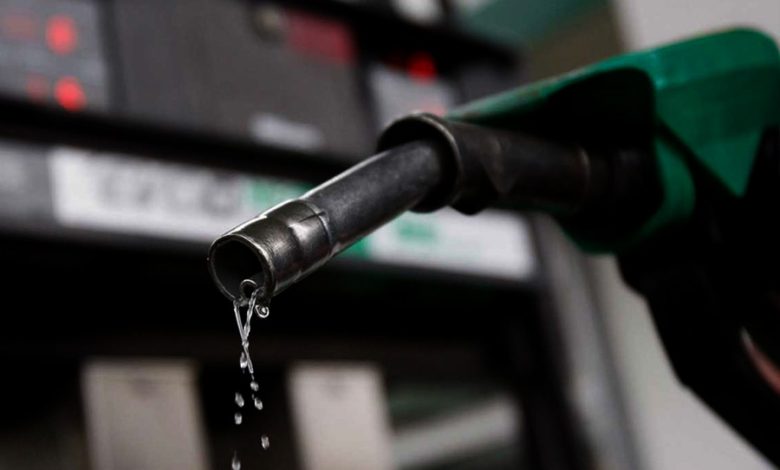
The Federal Inland Revenue Service (FIRS) has notified diesel suppliers in Nigeria that they are now obligated to pay value-added tax (VAT) on imported diesel.
POLITICS NIGERIA reports that this development, highlighted in a letter sent by MBA Musa IN, Assistant Comptroller-General of Tariff and Trade, on behalf of the Deputy Comptroller-General of Tariff and Trade, has drawn attention within the industry.
According to the correspondence, the VAT Modification Order 2021 only exempts petroleum products under HS codes 2709.00.00.00 – 2710.19.12.00 from VAT charges. Unfortunately, diesel, categorised as HS Code 2710.19.21.00, does not enjoy this exemption and is therefore liable to VAT payments.
Consequently, all future diesel imports must undergo assessment and settle VAT fees upon entry into the country, the letter stated.
This VAT implementation on imported diesel has raised concerns regarding its potential contribution to the inflation rate.
The additional financial burden placed on diesel suppliers due to VAT could trigger an upswing in diesel prices. As a widely utilised product for power generation and transportation, particularly in the business sector, this price hike could have a significant impact.
Both households and businesses reliant on diesel may now face increased expenses, potentially causing a ripple effect on the cost of goods and services. Ultimately, this scenario could increase inflation in the economy.
However, from a different perspective, the introduction of VAT on imported diesel in Nigeria may have a positive effect on government revenues. By subjecting diesel suppliers to VAT, the government stands to generate additional income through the taxation of this crucial fuel product.
The letter reads, “I am directed to forward a letter from Federal Inland Revenue Service on the above subject matter. The VAT Modification order 2021 only exempts Petroleum products of HS codes 2709.00.00.00 – 2710.19.12.00 from payment of VAT. AGO or Diesel falls classifiable under HS Code 2710.19.21.00 and is not exempted from paying VAT.”
“Subsequent upon the above, all future importations of the product should assess and pay VAT at the point of entry into the country.”
“Also note that AGO or Diesel are not exempted from destination inspection or import guidelines and as such are expected to process Form M and PAAR as well as make declarations appropriately in the NICIS II system.”
